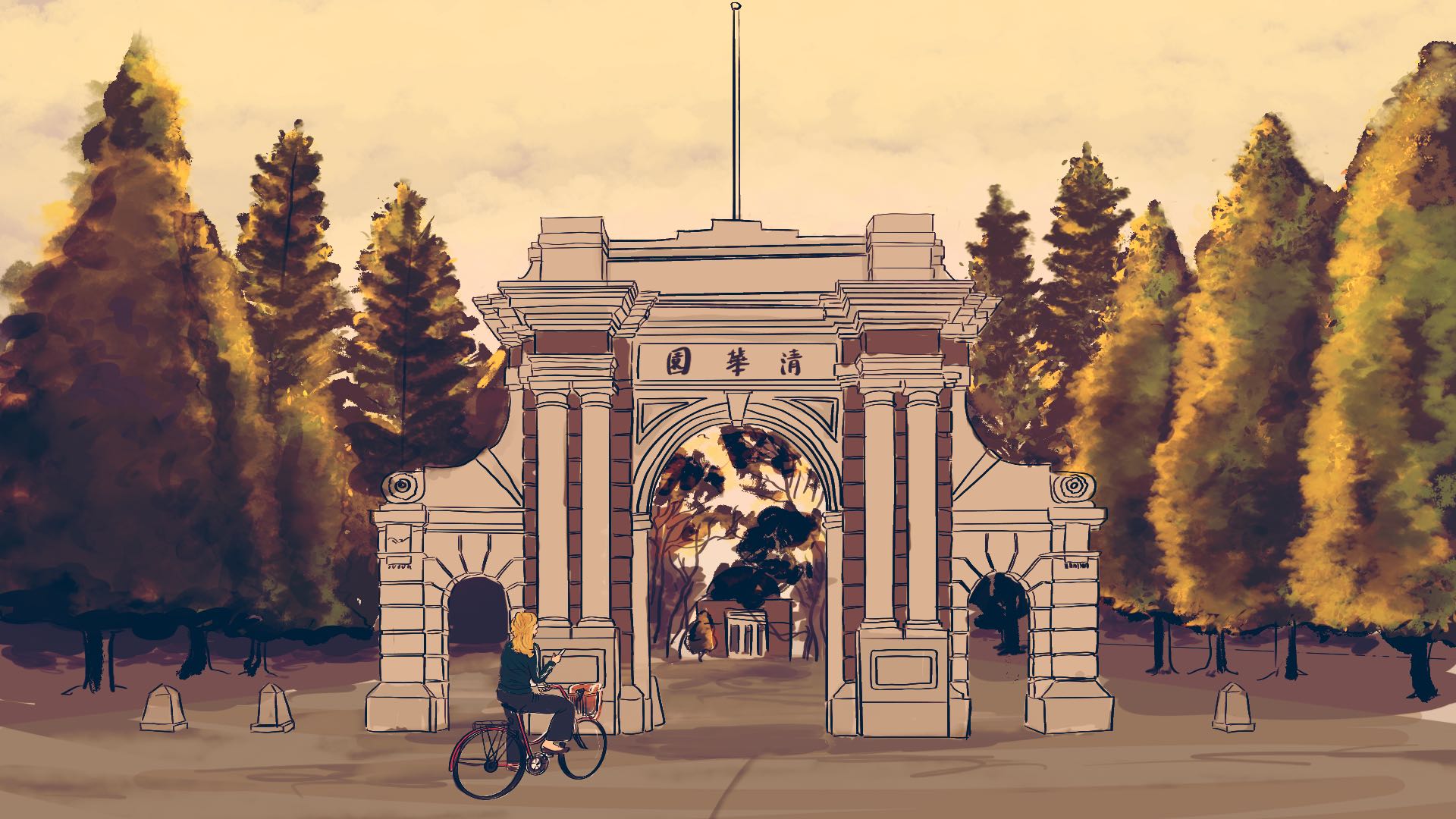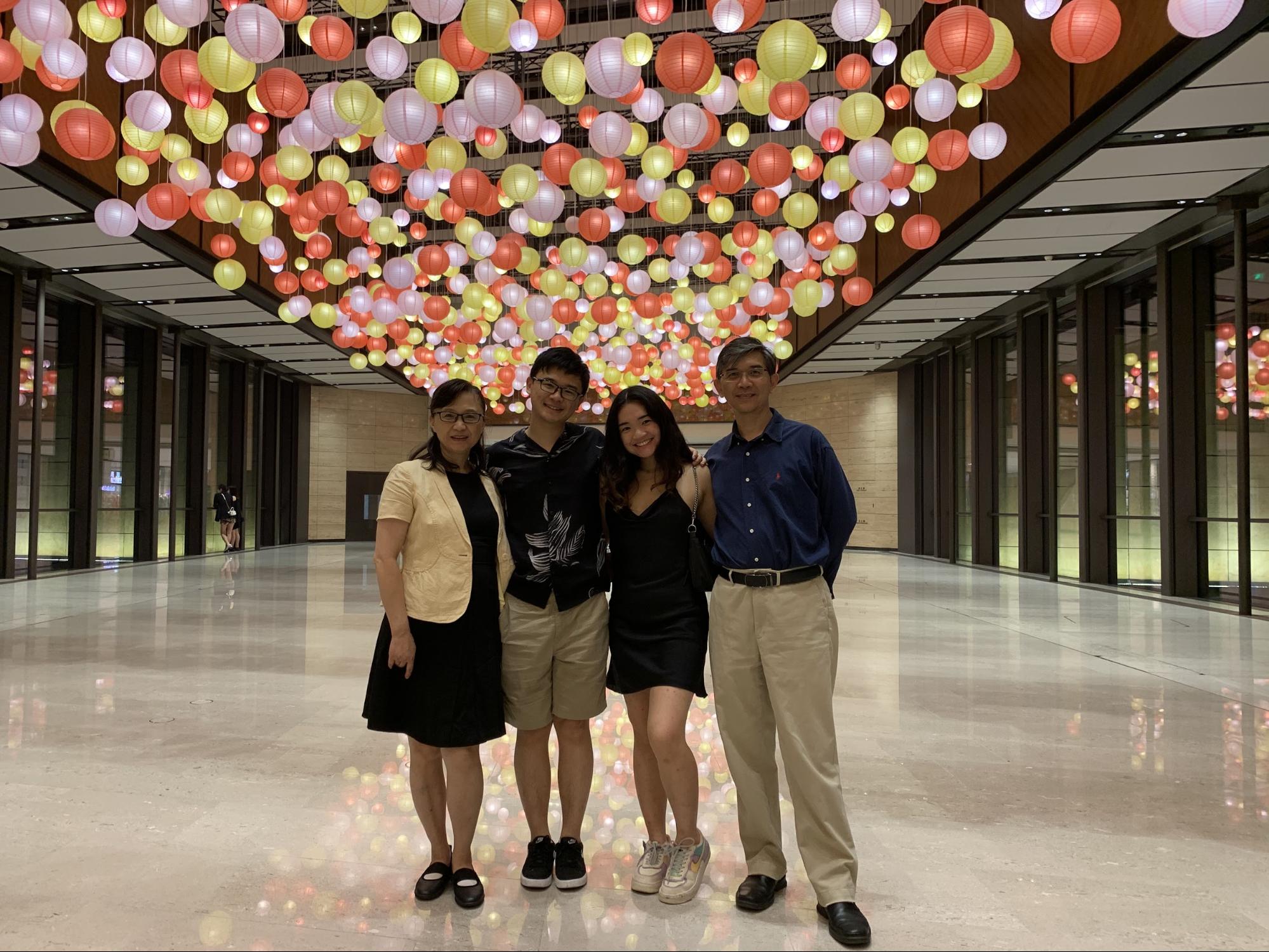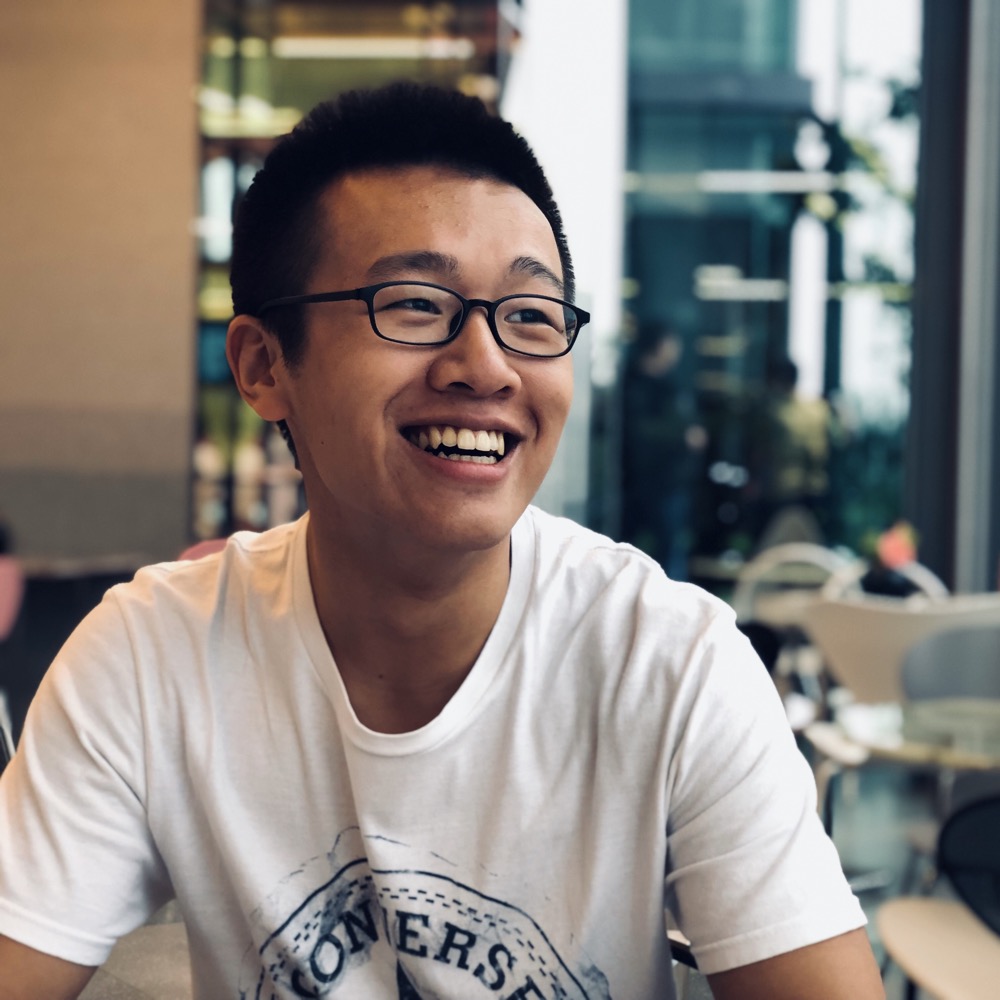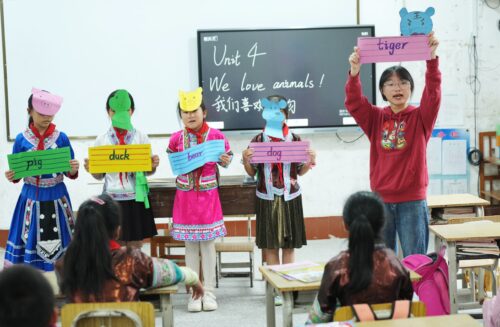American students at Chinese universities adapt to pandemic fallout
When COVID hit last year, thousands of international students were stranded — both in the U.S. and China. For many of them, it's been a long road back to where they want to be.

On January 30 last year, American student Alan Huang traveled from his home in New York to Shanghai to begin his second semester at New York University’s satellite campus in Shanghai.
But instead of reuniting with friends, Huang, a freshman, found himself taking online classes on a nearly empty campus for months. Because of a series of COVID-19 related travel restrictions, most of his American friends didn’t make it back for the spring semester.
“Not even 1% of the dorm was filled,” Huang said. “It got pretty lonely.”
Huang didn’t leave Shanghai for the next 15 months — only briefly taking a trip to Guangzhou in April. He won’t see his parents again until December, when — if things go as planned — he will return to New York for a study-away semester.
But at least his university life long ago returned to pre-pandemic normalcy. Huang, 19, said he began attending in-person lectures in September, and has been able to stroll the streets of Shanghai with friends since before the summer without worrying about the virus.
The first two weeks of classes have just ended! 🎉🎉 Those of us staying in Shanghai over Spring Festival gathered on campus tonight for a Lunar New Year’s Eve Party to ring in the year of the ox with full plates, Chinese calligraphy, stage performances and happy hearts! 🐂🧧😍 pic.twitter.com/927tDk1Hg4
— NYU Shanghai (@nyushanghai) February 10, 2021
Huang is among the more than 20,000 American students enrolled at universities in mainland China, according to a Chinese Ministry of Education report from 2018. When the COVID-19 outbreak started in January 2020, their future became uncertain, as no one knew when campus life and international travel would return to normal. More than a year later, some students have managed to return to campus. But many more have been stuck in either the U.S. or China, adapting to new circumstances while gaining new perspectives about their transnational experiences. For some American high school seniors, the pandemic even led them to choose Chinese universities over American schools.
Transnational at home
Despite being one of China’s top institutions, Tsinghua University didn’t help its international students return to campus, Jenn Luo, the president of the U.S. Student Association at Tsinghua, said. She estimates only 20 out of the 200 or so American students who are enrolled are on campus now, while the rest of them are waiting to return. Being stuck in the U.S. interrupted some students’ lab work; others can’t get the scholarship funds promised by the Chinese government.
Sunny Lu, who studies computer science at Tsinghua, has been at his Portland, Oregon, home for the past 17 months. On school days, Lu lives in Beijing time. He gets up in the early afternoon to attend mandatory live lectures and goes to bed at seven the next morning.
Living nocturnally has taken a toll on Lu’s body. The 20-year-old said he has begun losing his hair, and he gets tired easily.
Brandon Eap of NYU Shanghai had to adjust his career plan because he couldn’t get back to China. Instead of being in Shanghai, the 22-year-old finance student will be graduating from his home in Lehi, Utah.
Eap has gotten a few job offers in New York, but his original plan was to work for an international company in Shanghai. As a Chinese American who has lived in both countries for many years, Eap felt he was particularly suited for such an environment. But not being able to attend in-person career fairs on campus prevented him from getting a job.
“If I do get an offer, my goal is to eventually move to Shanghai,” Eap said. “Because that’s where my friends are and experiences lie in.”
For Luo, reverse travel restrictions have altered her summer plans. The 21-year-old junior at Tsinghua wanted to intern for L’Oréal in New York this past summer, but she was stuck in China. Because of the pandemic, she stayed with her parents in China for seven months, the longest she had been there since she was 14.
“It definitely brought us closer and made me realize how much I missed them,” Luo said.
Luo also cherished spending time with her brother Albert, who was applying for college last fall. He planned to go to the U.S., but now he is likely heading to Japan because of the pandemic.

Observing America from afar has also made Luo grateful to be in China. Although she had wanted to “make it in the U.S.” instead of coming to China — she was born in Albany, New York, and went to high school in Westchester — she always understood the struggles of being a minority. The rise of anti-Asian racism in the past year all but confirmed her fears.
“Knowing the language, knowing the culture, plus being an American opens a lot of opportunities here (in China) for me,” Luo said. “And that definitely changed my perspective for my future more.”
When the pandemic subsided in China, Luo returned to campus in September to start the new school year. But her campus life was far from normal. Most of the international students she hung out with were not in Beijing because of travel restrictions.
Like other universities in Beijing, Tsinghua discouraged, and at times restricted, students from leaving its gated campus. Luo said she had to apply to leave school during the winter break in January to spend Chinese New Year with her family. When she was ready to come back on February 22 for the new semester, there was another application waiting. Once students returned, they weren’t allowed to leave campus again until March 15, after China’s Two Sessions ended. During the three-week period Tsinghua students were locked on campus, Beijing reported zero domestic cases of COVID-19. The last case discovered in Haidian District, where Tsinghua is located, was 263 days ago.
“I felt the school was being kind of hypocritical because only students were sealed inside,” Luo said. “And whenever we raised our concerns to the school, they were really slow in responding and didn’t give us any reasonable answers.”
The long road back to campus
As the child of two first-generation Chinese Americans, Carol Zhang had always wanted to attend college in China. Compared to the U.S., she felt more at home during her previous visits to China. As she was growing up in four different U.S. states, she was always one of a few Asian students at school, and people sometimes joked about her Asian heritage.
When she started at NYU Shanghai in September 2019, she found comfort in the culture, the food, and the familiar living habits shared by everyone around her.
“It had been great,” Zhang said. “I didn’t miss the U.S. at all.”
But then the pandemic hit. In January, NYU urged her and other American students to return to the U.S. and take classes at its Manhattan campus. In March, when New York became a hotspot, she returned to her parents’ home in Buffalo, New York. In September, as the fall semester was beginning, she was stuck because China had banned all foreigners from returning.
“I didn’t want to stay at home anymore,” Zhang said. “And also the pandemic was so out of control in the States. So I was like, I can’t do this anymore. I wanted to be out of the States.”
On September 14, the day that the fall term began at NYU Shanghai, China recorded eight new COVID-19 cases. The U.S. had 36,887.
In November, thanks to an “exemption” her university acquired from local and central government agencies for its students, Zhang finally boarded a flight to Shanghai. After spending 21 days in quarantine, she stepped on the NYU Shanghai campus before finals week. Zhang said it was surreal to be in a COVID-free environment, and she felt lucky to be back in Shanghai.
“I’m taking advantage of what I can do here,” Zhang said in late February. “I definitely don’t want to leave anytime soon.”
However, without a sponsor like NYU Shanghai, the majority of the nearly 500,000 foreign students enrolled at Chinese universities have no timetable to return.
Mostly sailing from the Global South, these students have been organizing online to campaign for their return. One such community is China International Students, a group on Twitter and Instagram that has representatives from over 200 universities in China.
Dani, a 24-year-old Pakistani student who runs the Twitter page (she didn’t want to reveal her full name), said she wished the Chinese government would be clear about its plans so she could make adjustments accordingly.
Since leaving Guangzhou last January, Dani’s Ph.D. study has been suspended. As a result, she no longer qualifies for her stipend but still has to pay full rent for her room, which is only acting like a storage unit. She thinks one reason students at NYU Shanghai were allowed to return is that they pay higher tuition.
“I’m happy for NYU Shanghai students,” Dani said. “But the amount of fees I pay or scholarship I receive shouldn’t dictate my importance to the Chinese government, which is heartbreaking.”
Against the current
While China’s border remains closed for most foreign students, some high school students are applying to start college in China. An NYU Shanghai spokesperson said the school’s American applicants increased by 6% last year, while applicants from other foreign nations rose by 53%.
Calvin Chang decided to study computer science at Tsinghua over other options in the U.S. Aside from Tsinghua’s world-class program and having families in Beijing, the Chinese government’s success in controlling the pandemic helped him make that decision.
“Being able to focus completely on my study and not having to worry about COVID as a safety issue was part of my decision,” Chang said.
The Chinese government’s strict COVID-19 policies complicated Chang’s life, too. He was stuck in Hong Kong until October and unexpectedly missed the start of the fall semester. Although he had to take a gap year, Chang is confident that he made the right decision.
The 19-year-old Chinese American spent his childhood in international communities in Beijing and attended an elite boarding school in Pennsylvania. Chang said he realizes coming back to China for undergraduate studies is uncommon among his peers, but China became more intriguing as he was growing up.
“Staying in China in the future and developing there would be much more interesting for me,” Chang said. “It wasn’t like the U.S. was bad. I felt like in China things were just developing really quickly. I like that kind of feel, where things are moving faster.”






